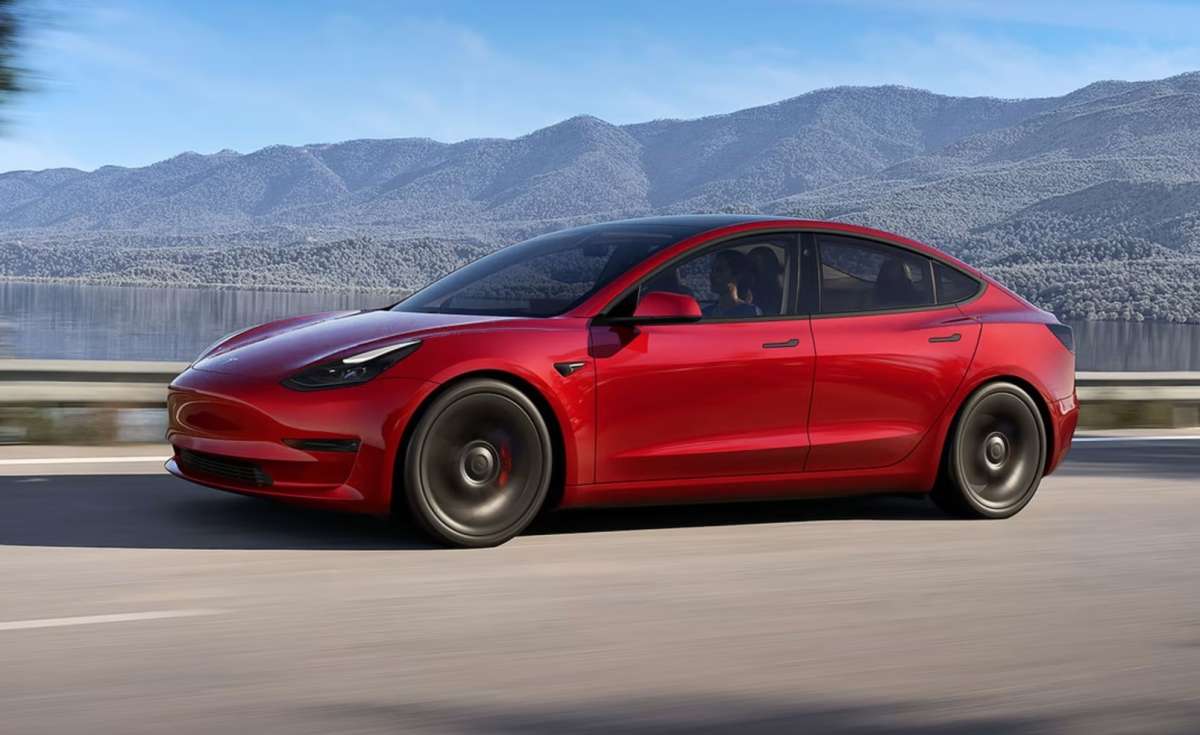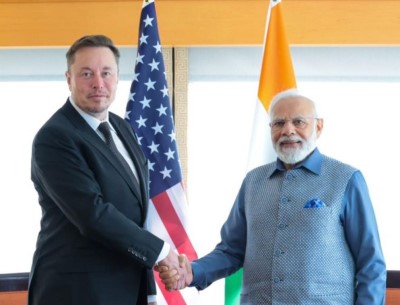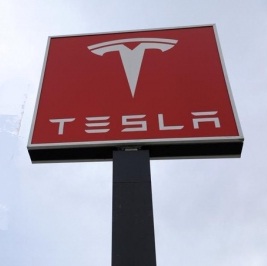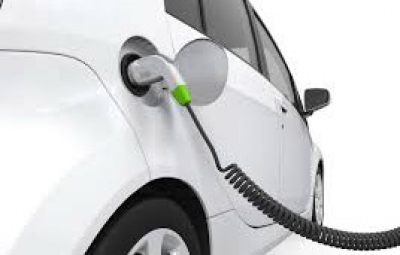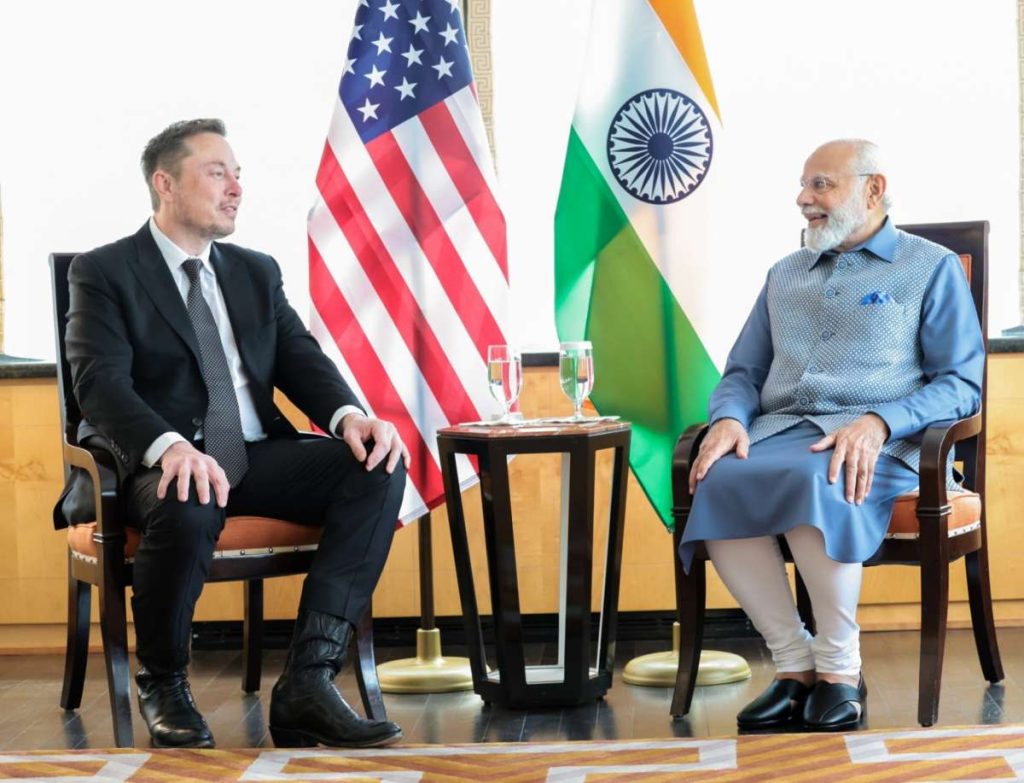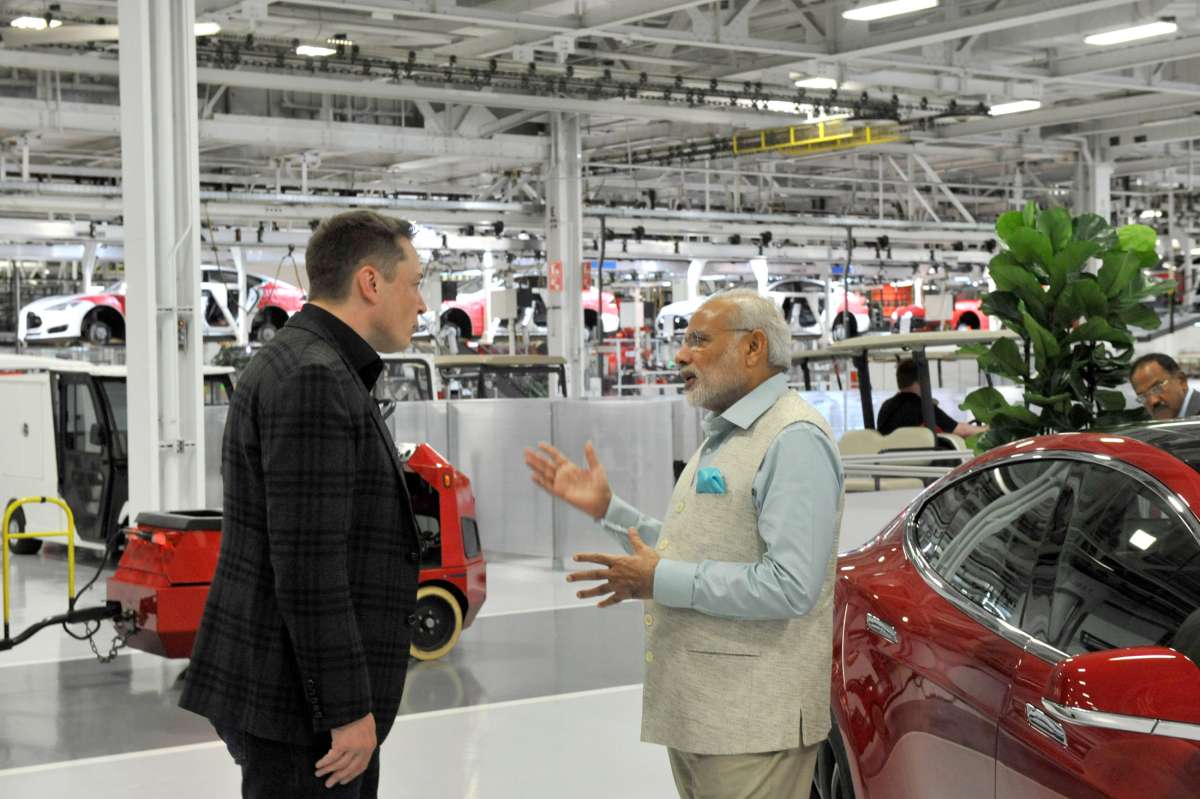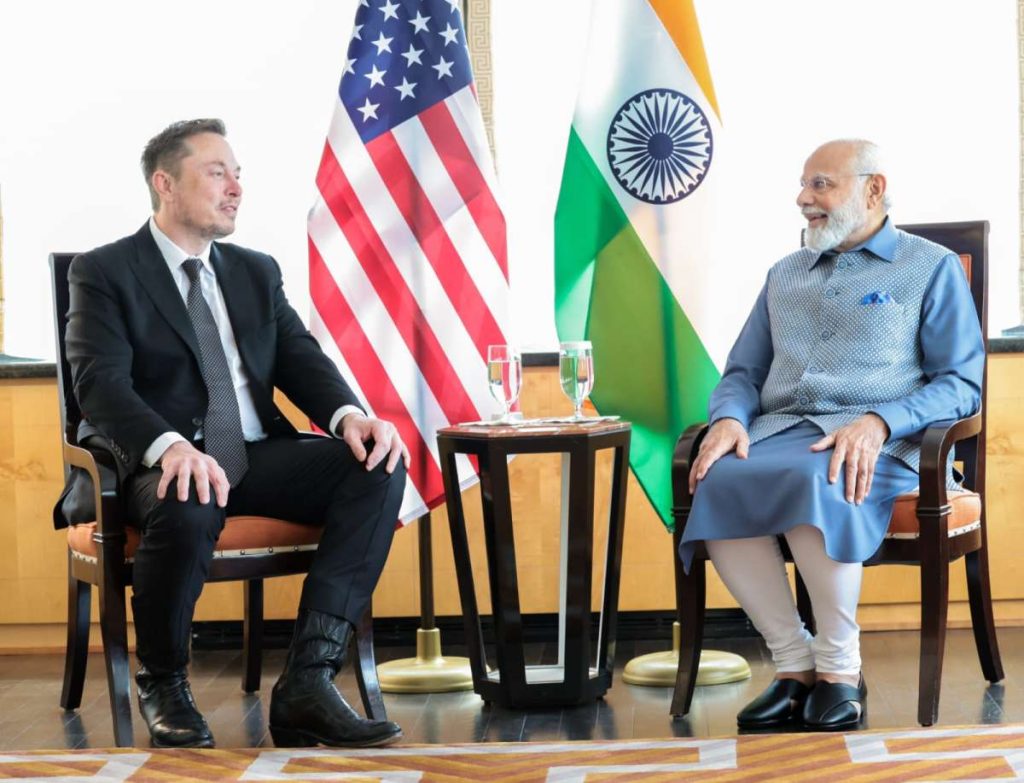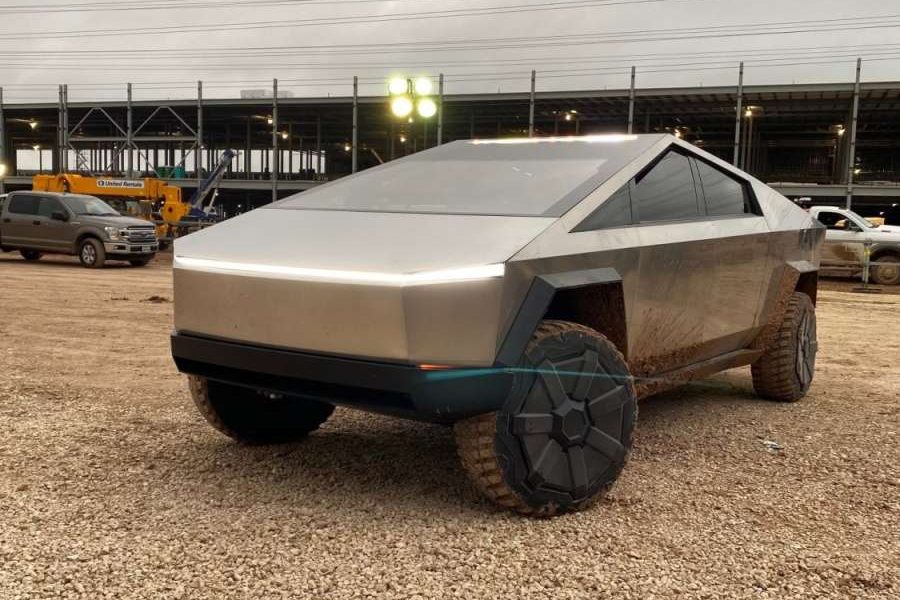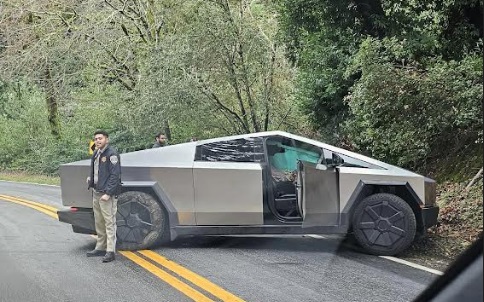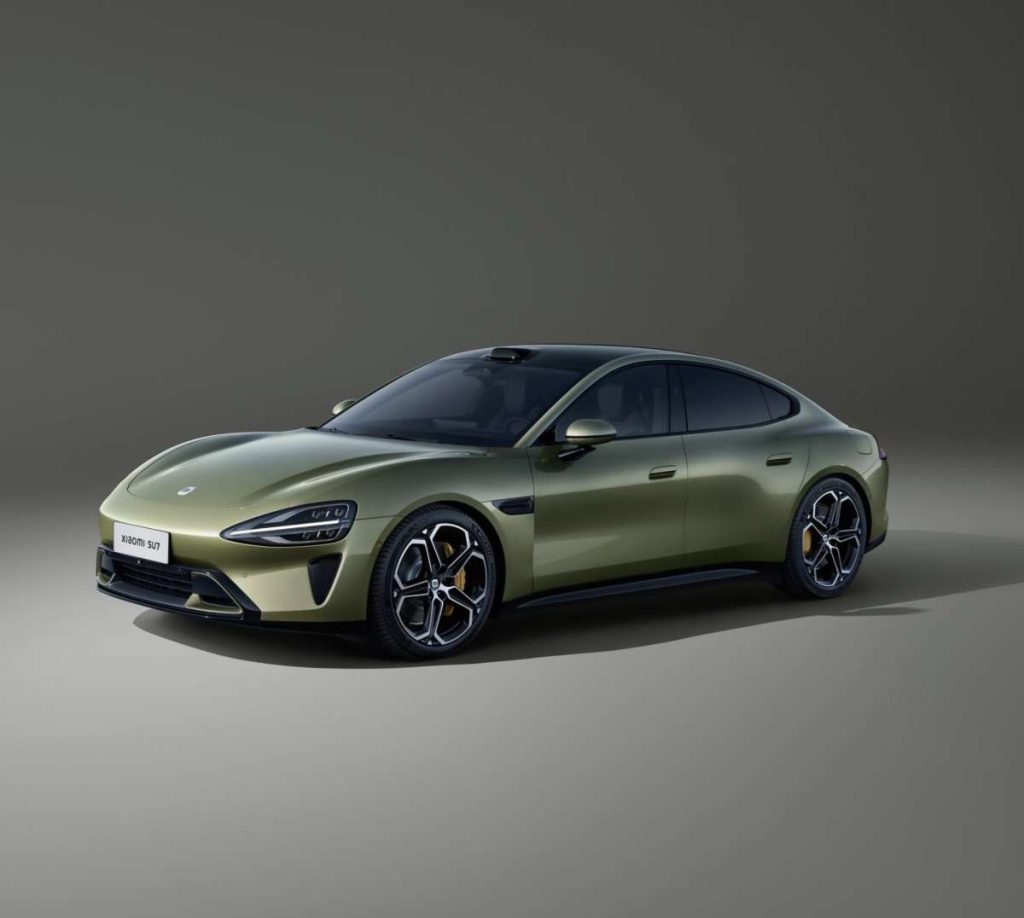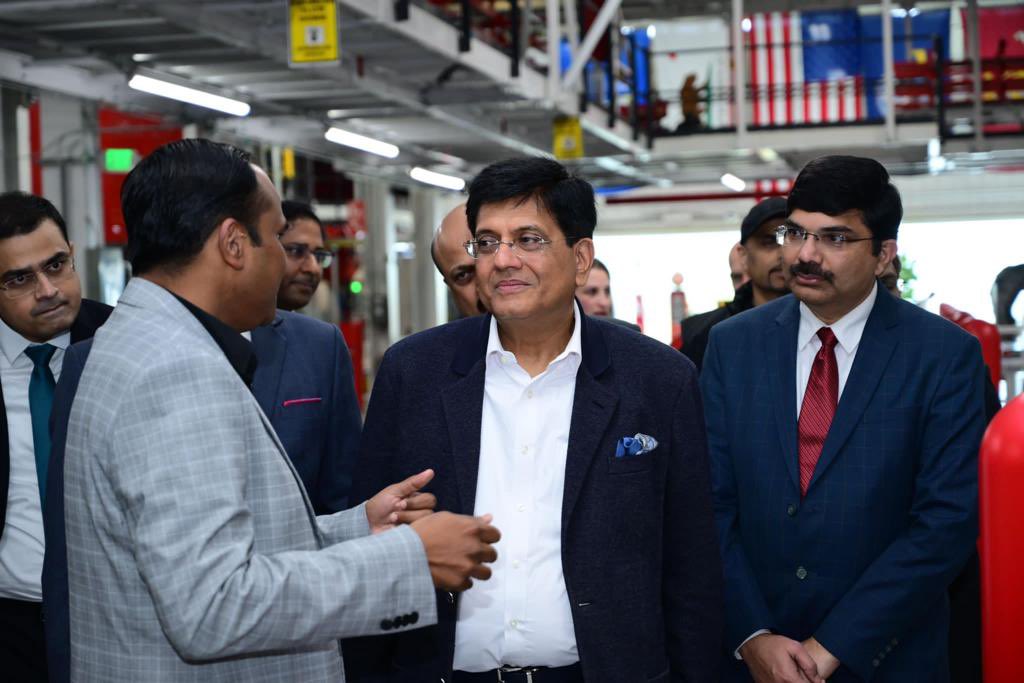Tesla can eventually produce 5 lakh electric vehicles annually that start from Rs 20 lakh in India…reports Asian Lite News
Elon Musk is coming to India for the first time to spend at least 48 hours in the country later this month. As all eyes are on what the billionaire would announce during his meeting with Prime Minister Narendra Modi and industry leaders, Tesla lovers have only one question: When will they finally be able to drive a ‘Make in India’, affordable EV?
A cheaper Model 3, which is the entry-level Tesla, can only be possible with local manufacturing of battery components and a strong EV supply system, for which Musk will surely have a substantial announcement to make during his maiden visit to the country.
Currently, Tesla prices are almost the same worldwide. The base variant of the Model 3 is priced at over $40,000 (nearly Rs 33.5 lakh).
According to senior analyst Soumen Mandal from market intelligence firm Counterpoint Research, the import duty will be eliminated by setting up local production by Tesla, thus paving the way for an affordable Tesla car.
Also, the cost reduction could be achieved if Tesla cars manufactured in the country come with fewer features compared to the ones available globally.
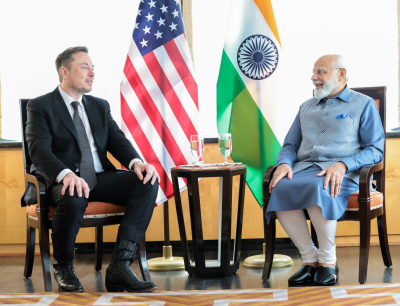
Mandal told IANS that certain hardware required for Full Self-Driving (FSD) mode could be eliminated and “Advanced Driver Assistance System (ADAS) Level 2 could be included”.
Tesla can eventually produce 5 lakh electric vehicles annually that start from Rs 20 lakh in India.
To produce a Rs 20 lakh car, Tesla can also have a battery pack with a lower capacity than 50kW and the electric motors could be of lower power. The in-vehicle electronics could also be reduced with a smaller centre display.
In the new EV policy, the Indian government has cut the customs duty to 15 per cent (with certain riders) from the earlier 100 per cent on imported cars.
A minimum investment of Rs 4,150 crore (about $500 million) will be required to set up the manufacturing facilities for EVs in the country.
According to industry experts, Tesla can generate at least $3.6 billion in revenue in India by 2030.
Even as Tesla CEO Elon Musk confirmed his visit to India, netizens eagerly welcomed the billionaire to the country.
“Looking forward to meeting with Prime Minister @NarendraModi in India!” the SpaceX CEO shared on X (formerly Twitter). The post has, so far, garnered more than 38 million views on the platform.
Soon after the announcement, several users took to the platform to welcome the billionaire to the country.
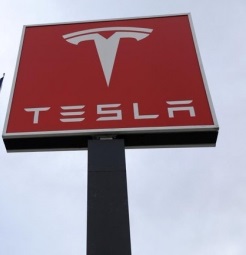
“Welcome to India, Elon,” wrote several users, while one added “Namaste India”.
“Welcome to India, Elon Musk, hoping for a long-term partnership between your companies and India,” wrote another user.
“Yes! Excited to have you here finally. Hope to see Tesla India up and running soon and reservation holders getting their Tesla’s,” said another.
The tech billionaire is reportedly slated to meet PM Modi “in the week of April 22 in New Delhi”.
Musk is also likely to announce his investment plans and setting up of a potential $2-3 billion manufacturing plant in the country.
As per reports, Gujarat, Maharashtra, and Tamil Nadu are on top of Tesla’s agenda to start EV manufacturing and export the vehicles as well
ALSO READ: Tackling Inflation

